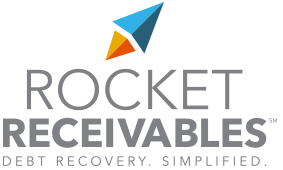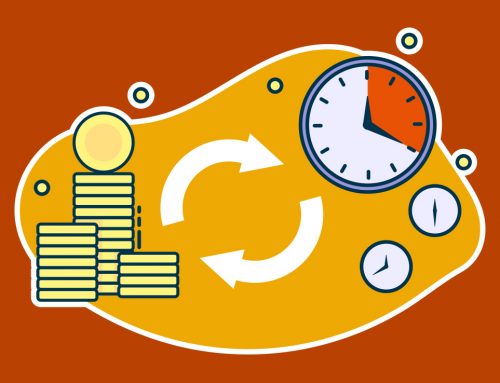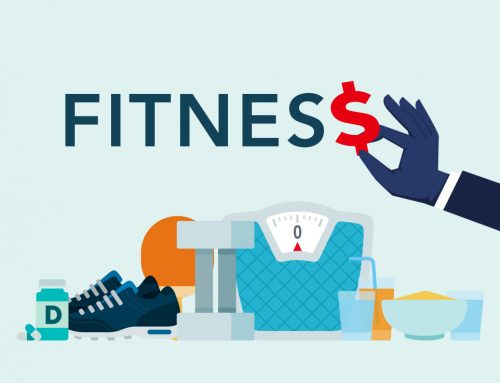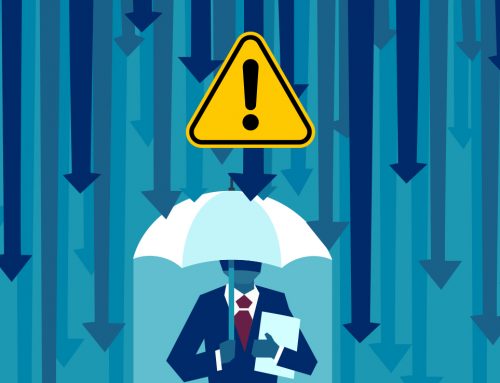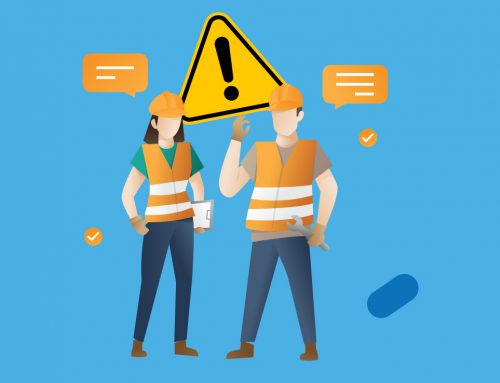If you dislike managing past due accounts receivables to ensure steady cash flow, you are not alone. It shouldn’t be complicated to collect payments in full and on time, but sometimes it is, and can be frustrating. Keeping cash coming in predictably helps smooth out the ups and downs of doing business. Likewise, when accounts languish in AR, they disrupt cash flow, making the road to success bumpier.
Every business owner likely deals with debt collection on occasion, but if you use a handful of best business practices and have a straightforward, actionable plan for debt collection, you can make the process less stressful. And if you’re backed by an experienced debt collection agency, you may have an even higher success rate.
The best starting place, however, is reaching out with a debt collection letter. Here’s how.
Start with a Positive Attitude
Fortunately, you’ll find that in many cases, payments are late simply because a customer forgot to pay. It happens and can usually be rectified with a quick phone call. It’s important, however, not to let too much time pass. Give late-paying customers a polite nudge with a letter within a few days past the due date.
For debt collection that isn’t taken care of with a phone call, you can increase the intensity of your outreach gradually. By your third letter concerning the debt, it’s appropriate to be direct and assertive, as long as you’re not rude and unprofessional. It can also help to reach out using multiple channels. Phone calls can supplement debt collection letters and can be followed up by additional contacts if necessary.
If you’re not sure where to begin with your outreach, you can find many resources, examples, and templates for collection letters online for free.
Use These Business Practices to Minimize Debt Collection Problems
It’s better to prevent debt recovery problems in the first place, and you can do so with some standard business “best practices.” Rather than having individual salespeople handle debt recovery for their own accounts, it may be better to dedicate one person to the task and provide them with templates and call scripts for debt collection letters and calls.
You may also try to prevent debt collection problems by doing credit checks before you extend credit to customers. Doing this incurs a small cost upfront, but particularly for larger sales, it can be a sound investment. Additionally, before you sign a deal for a large sale on credit, you could choose to have trade and bank reference checks done. This can help you spot red flags earlier.
Regardless of what methods you choose for your in-house recovery efforts, make sure you’re staying compliant with all the rules and regulations at a federal, state, and local level.
Outsource Collections for Those You Can’t Collect Yourself
Sometimes your in-house outreach efforts won’t get results, and when that happens, you can count on experts with experience in debt collection. If you’re spending too much time and resources chasing a client who won’t pay, bringing in a collection agency can stop the drain on your resources and maximize the chances of collecting.
Look for an agency with industry-leading compliance with the Fair Debt Collection Practices Act (FDCPA) and with state-of-the-art safeguards to protect your data. You can even find collection companies that offer around-the-clock online client portal access so that you can manage your accounts more conveniently.
If you are unable to collect on debt despite your strong AR and in-house efforts, consider a debt collection agency like Rocket Receivables so you can focus on your core business activities while professionals handle debt recovery for you. If you’d like to try it out, we invite you to buy now.
